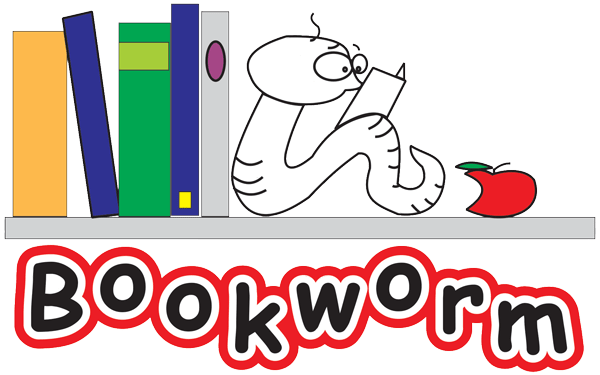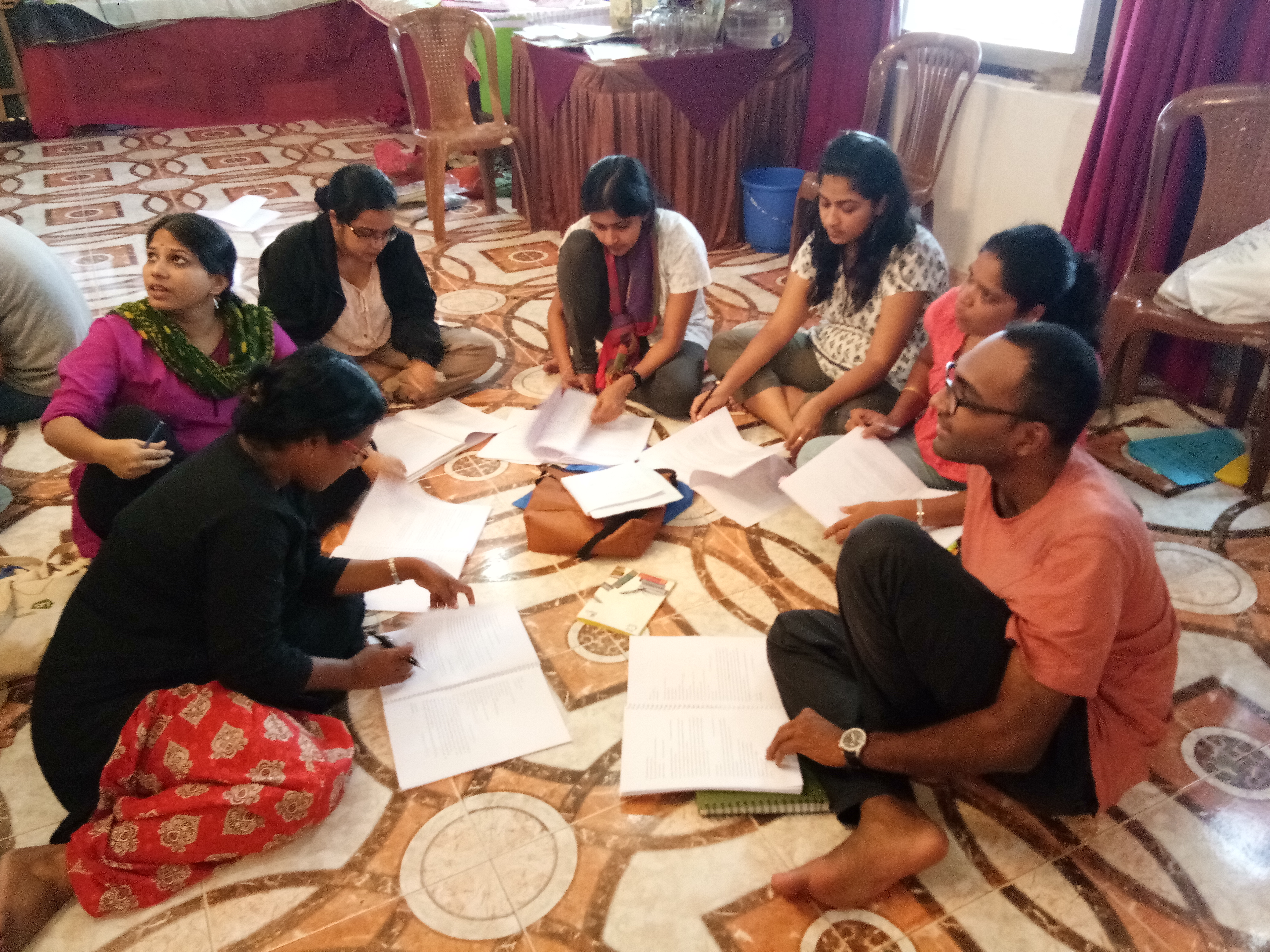Written by Proma Basu Roy, LEC 2017 Alumni
‘Yo ya vatsu ya, hasun khelun, vatsu ya.’
– Konkani folklore
I have wanted to join the LEC (Library Educator’s Certificate) Course ever since it began in 2013-2014. My inadequacy of Hindi language proficiency held me back from applying to the Course which till then was offered only in Hindi. Meanwhile, I kept in touch with the blog posts, pictures and other activities that were shared on the internet. In January, 2017, when Bookworm announced LEC (English), it called out to me; I had to join! And I am very grateful that I was shortlisted.
The reason why I wanted to do the Course was because I have always felt drawn towards working with books, and children’s books fascinate me. Creating a library, curating a library, working in and for a library has been a dream desire. While streams of ideas flowed, I simply did not know how to go about them. I did not know ways to translate ideas into practice.
Back in 2013-14, although I worked for an organization library, it was only a very minor practice for only a brief while. But the act of it, the learning from doing was missing. When I read Harry K. Hutton’s essay, ‘Professors as Teachers and Readers’, I identified with the fact that not working hands-on is an intense limitation to becoming a complete practitioner. However, I knew that through LEC I would have to challenge my shortcomings which came with my overall willingness to absorb every bit of the Course.
I had never thought of the fundamental elements that make a library. We addressed this through a group activity in Contact 1, and I think this was the most argumentative group discussion that I have had during all the Contact classes. We were constantly changing positions of the elements as our discussion moved forward. Initially, I wondered why we were being asked to do the same activity that we did through an online questionnaire before Contact 1; soon I realized that this exercise is crucial at every juncture while working for a library, not only to determine the need of the library in concern, but also to understand our own disposition. The rankings are certainly not universally conclusive; and how marvelous that each element is so bold and yet so fluid.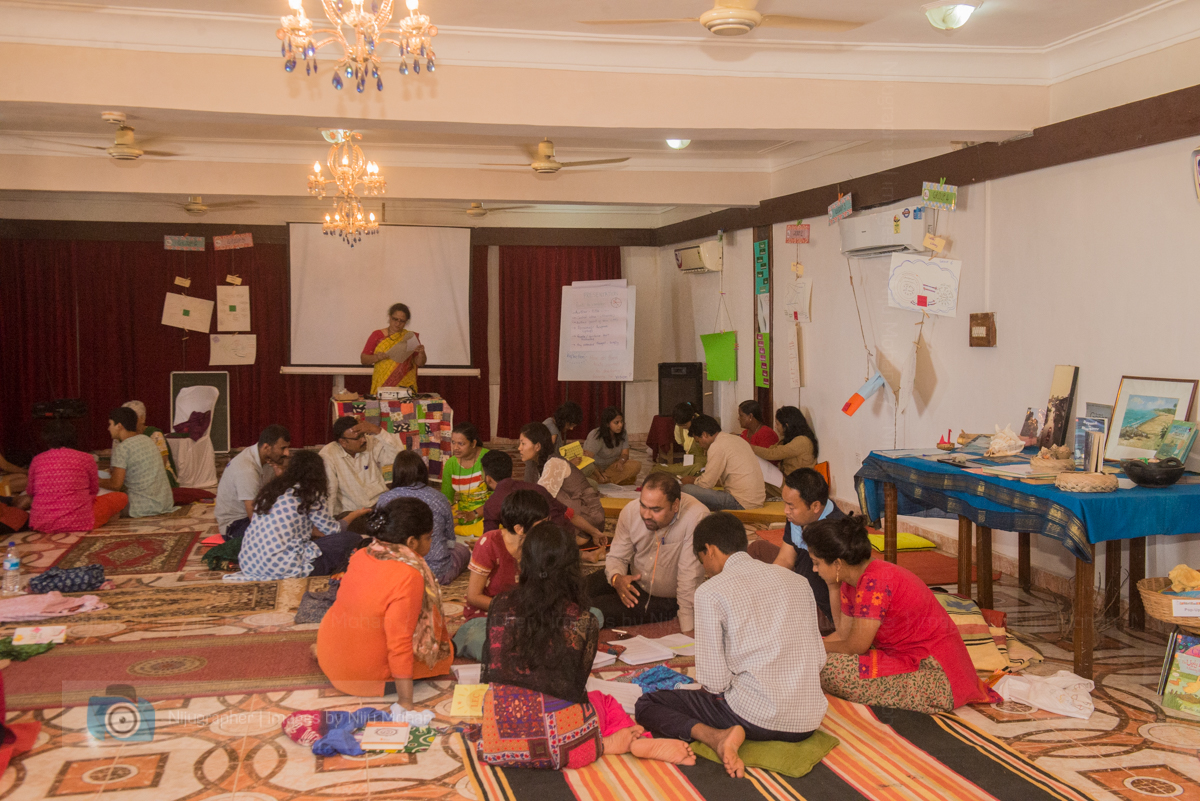
While I was doing the Course, I was lucky to receive a professional assignment of building a library for an organization school in Kolkata. One of the first things that I did was this exercise for the purpose of how I would go about choosing the primary components to get started. And while doing it, to my utter surprise, I put budget first, something that I was totally against and fought with my group-mates for. And again, a different one while working for a library in an orphan home. No matter the number of times one is to do the exercise of ranking, a change in the order is the only constant thing. I must confess that my initial perception of the elements was rather romantic and fixed, while the elements themselves are so deep-rootedly mobile.
Books, Reading and Themes
Another aspect that the Course made me think deeper is about the impact of reading – the act of reading and the role of fiction. While associating with children in schools and libraries, I felt that there is hunger for reading in most of them. Not having access to books beyond textbooks, none of them were aware of this hunger. However, this non-realization of chivanand’s article on ‘Thematic Reading in the Library’ has influenced my thoughts regarding project-based library activities. Through LEC, I have been introduced to the beauty of working theme based. I found the nature of this immensely powerful. But I also understand the importance of general reading and general activities related to books, and have tried to make my library sessions a combination of both, as far as possible.
One of the best things that LEC did to me was to nourish me as a reader. The number and the kinds of children’s books that I have read has been unique to my reading so far. They were all a part of Bookworm’s library. For the first time, I was exposed to the kind of themes for children which till then I could imagine only for adults; books on death and on conflict has put me in a different mood altogether.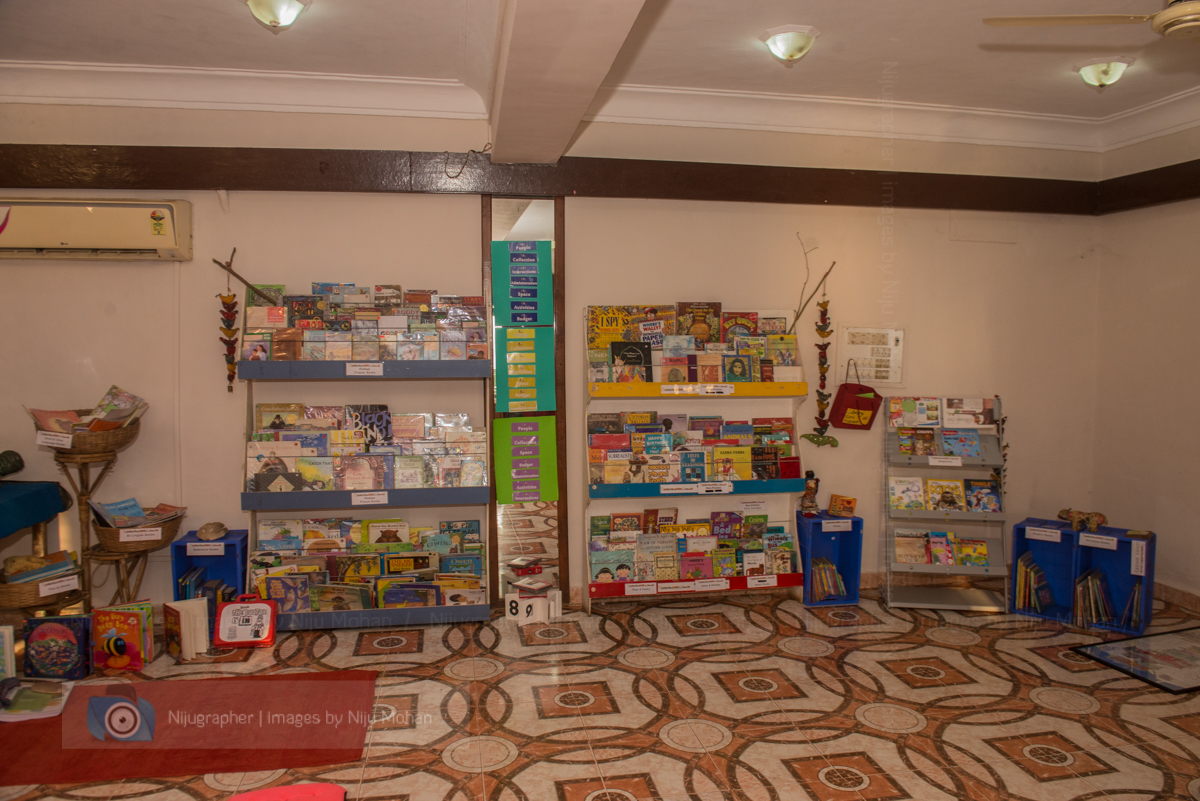 Among other books and readings, Michael Marpurgo’s ‘I Believe in Unicorns’ has secured a place within my most-loved-books. The book has intrigued me. The relationship between a librarian and children and how the impact of this richness lasts a lifetime has touched me the most. I also think that Jane Sahi’s reading it aloud conveyed the essence so deeply which led me to read the whole book soon after I returned home from the Contact period. Also, I have been motivated to read ‘Sadako and the Thousand Paper Cranes’ through discussions around it on Moodle, initiated by a fellow LEC mate. I read the book and also made paper cranes. I have forever endured peer suggestion and LEC (English) is totally dedicated to that.
Among other books and readings, Michael Marpurgo’s ‘I Believe in Unicorns’ has secured a place within my most-loved-books. The book has intrigued me. The relationship between a librarian and children and how the impact of this richness lasts a lifetime has touched me the most. I also think that Jane Sahi’s reading it aloud conveyed the essence so deeply which led me to read the whole book soon after I returned home from the Contact period. Also, I have been motivated to read ‘Sadako and the Thousand Paper Cranes’ through discussions around it on Moodle, initiated by a fellow LEC mate. I read the book and also made paper cranes. I have forever endured peer suggestion and LEC (English) is totally dedicated to that.
Through reading in LEC I have also learned that it is important to document what one reads. Our little reading cards! And it also tells me that not everything that needs to be taught has to be done through a formal process of ‘teaching’. There is much that I have learned just by watching the faculty be, and that inherently has been an example of practice.
LEC for me…
LEC has put me on a pathway to thinking, understanding and learning about children’s books, reading, and stories, connecting them to fundamental aspects of human development. Since then my work centers around children’s books, reading and the library, and I embrace it with more confidence.
As much as I may have learned through the 7 months, through sessions, compendiums, interactions, activities, quiet thinking and field project, I consider it to be a rich period of in-depth initiation about the ‘what’, ‘how’ and ‘why’ of libraries that I carry with me now. It was an introduction to these special somethings for a longer journey.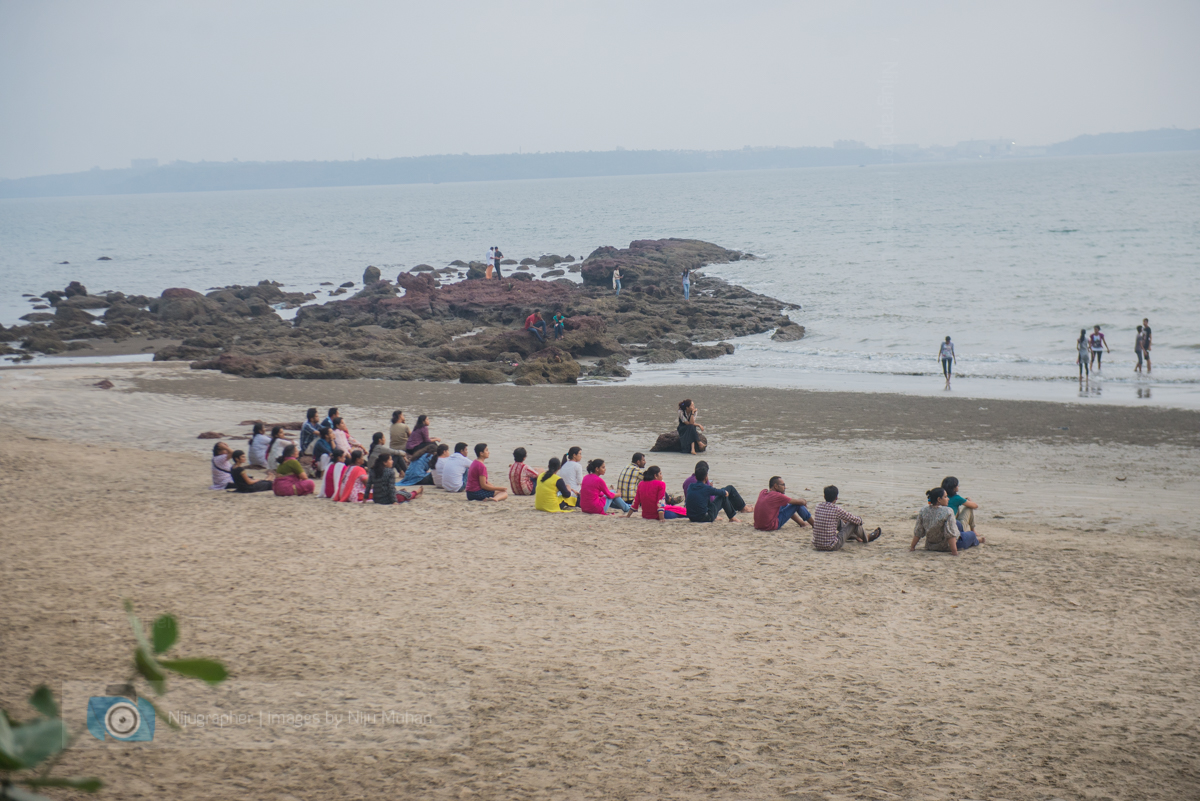 I say the Course is like Dr. Seuss’ ‘Oh! The Places You’ll Go!’ It took me to places I did not know; from the lemon tree in Palestine in Siti’s Grandma’s garden to the story of a child and his Ayyappa, from reading about reading, to reading itself, from knowing about vibrant libraries to visiting a vibrant library and so much more. And most of all, it took me to the edge of the sea. My love for the sea and LEC by the Arabian Sea has had a very uplifting effect and opened my senses to the world to say the least. This Course to me has been much more than learning only about books and libraries. It is a treasure for my remaining time.
I say the Course is like Dr. Seuss’ ‘Oh! The Places You’ll Go!’ It took me to places I did not know; from the lemon tree in Palestine in Siti’s Grandma’s garden to the story of a child and his Ayyappa, from reading about reading, to reading itself, from knowing about vibrant libraries to visiting a vibrant library and so much more. And most of all, it took me to the edge of the sea. My love for the sea and LEC by the Arabian Sea has had a very uplifting effect and opened my senses to the world to say the least. This Course to me has been much more than learning only about books and libraries. It is a treasure for my remaining time.
